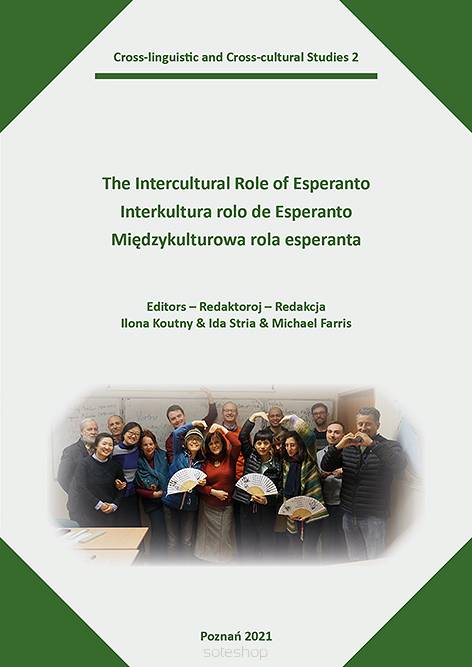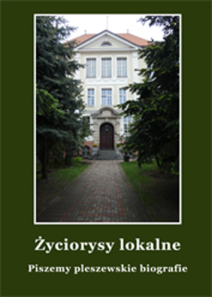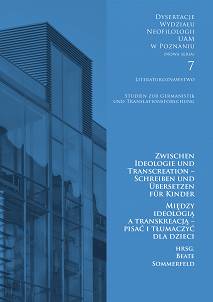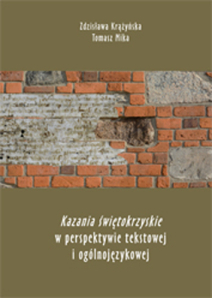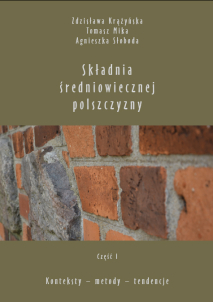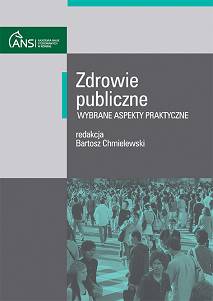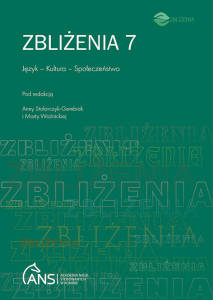The Intercultural Role of Esperanto / Interkultura rolo de Esperanto / Międzykulturowa rola esperanta, red. Ilona Koutny, Ida Stria, Michael Farris
- Autor: Koutny Ilona, Stria Ida, Farris Michael
-
Dostępność:
 Nakład wyczerpany
(0 egz.)
Nakład wyczerpany
(0 egz.)
- egz.
- Cena netto: 0,00 zł 0,00 zł
Wydanie I,
Poznań 2021
Format 24x17 cm
ISBN 978-83-66666-31-3
DOI 10.48226/978-83-66666-31-3
ss. 254
język: angielski, esperanto, polski, chiński, sanskryt
Intercultural studies are important in today’s globalizing world to facilitate mutual understanding and collaboration on a global scale. The second volume of the series “Cross-linguistic and Cross-cultural Studies” from the Institute of Ethnolinguistics of AMU presents the role of the international planned language Esperanto in this multicultural world. It shows how a language created for international communication mediates between languages, literatures and cultures and the challenges it faces in a culturally diverse international language community. The volume features 16 authors from 11 countries.
Interkulturaj studoj iĝis gravaj en nia tutteriĝanta mondo por helpi la reciprokan komprenon kaj kunlaboron mondskale. La dua volumo de la eldonserio “Cross-linguistic and Cross-cultural Studies” de la Etnolingvistika Instituto de AMU prezentas la rolon de la internacia planlingvo Esperanto en la multkultura mondo: kiel la lingvo kreita por internacia komunikado peras inter lingvoj, literaturoj kaj kulturoj; kiujn defiojn ĝi alfrontas en diverskultura internacia parolkomunumo – dank’al 16 aŭtoroj el 11 landoj.
W dzisiejszym zglobalizowanym świecie studia międzykulturowe stają się ważne, aby wspierać wzajemne zrozumienie i współpracę w skali globalnej. Drugi tom serii wydawniczej Instytutu Etnolingwistyki UAM „Cross-linguistic and Cross-cultural Studies” poświęcony został roli międzynarodowego języka planowego esperanto w wielokulturowym świecie: jak język stworzony na potrzeby komunikacji międzynarodowej pośredniczy między językami, literaturami i kulturami; przed jakimi wyzwaniami staje w wielokulturowej międzynarodowej społeczności językowej. Temat zaprezentowany został przez 16 autorów z 11 krajów.
Publikacja dostępna online w formacie pdf w poniższej zakładce: Załączniki
Załączniki
| Zobacz | Opis | Pobierz |
|---|---|---|
 the-intercultural-role-of-esperanto.pdf (4.3 MB) the-intercultural-role-of-esperanto.pdf (4.3 MB) |
||
 spis-tresci.pdf (264.3 KB) spis-tresci.pdf (264.3 KB) |
